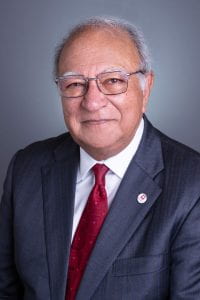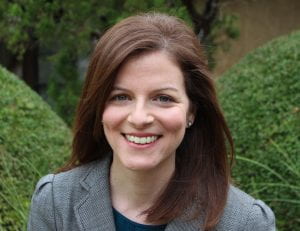BLOOMINGTON, Ind. — Five alumni of the Indiana University Kelley School of Business were honored for professional achievement and volunteer leadership during the 2024 Kelley Alumni Awards Ceremony on Nov. 2 at IU Bloomington.
The Kelley Academy of Alumni Fellows recognizes alumni who have earned the stature of exceptional leaders by their demonstrated successes in organizations and their contributions to management philosophies and practices. This year’s class of fellows includes:
- Khunying Natthika Wattanavekin Angubolkul, MBA’77, chairman and CEO of Eastern Sugar Group and president of the Federation of Business and Professional Women of Thailand
- Scott Etzler, BS’75, former president of West Unified Communications Services and former CEO of InterCall.
- Maria M. Quintana, BS’84, former executive vice president and managing director of JPMorgan Chase and a utilities director, board member and advisor in education and not-for-profit sectors
The Distinguished Entrepreneur Award recognizes alumni who have demonstrated the ability to establish a new business or turn around or significantly grow an established business. This year’s award was presented to Matthew J. Rubin, MBA’08, founder and CEO of True Essence Foods, and co-founder and technical lead of Tau Motors.
Andrew M. Allard, BS’90, senior vice president and chief operating officer of the Indiana University Credit Union, received the Volunteer Leadership Award. He is recognized for extraordinary involvement with and investment in the Kelley School and for inspiring and impacting future generations of alumni leaders.
“The success of every Kelley alumnus enriches our school and its reputation, and inspires those who follow in their footsteps,” said Ash Soni, dean of the Kelley School and The Sungkyunkwan Professor. “We celebrate a group of exceptional alumni who truly represent the excellence, professionalism, and innovative thinking that are part of the Kelley School.”
The Kelley School of Business Alumni Association selects and confers members of the Academy of Alumni Fellows, which now includes 261 individuals. Read more about this year’s award recipients. (more…)

















